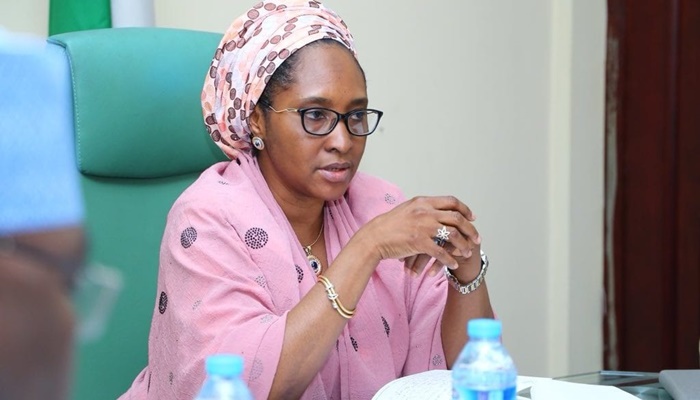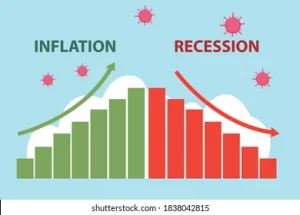
Nigeria’s potential for industrialisation and sustainable economic growth, and to ensure competitiveness in a global digital economy, the government has said it will take measures to digitise the economy and make digitalisation a key driver of national economic development strategies.
The government will ensure that, by 2025, critical digitisation challenges are addressed so that the sector can achieve its job creation and economic productivity potential.
To achieve this, the Federal Government, in the National Development Plan (NDP) 2021 to 2025, Volume 1, has projected about N150 billion investments.
The N150 billion, which according to the Federal Government, is public investment, will be spread across priority projects in the sector as well as projects essential to the operations of the relevant ministries.
In addition, the government said the ICT sector is projected to facilitate the formation of up to $1 billion in private equity and private capital investments in the digital infrastructure of approximately $40 billion.
The document noted that despite recent improvements in Nigeria’s ICT sector, several challenges, including low funding and weak digital infrastructure, especially in non-commercial hubs, have limited the value-creation potential of businesses.
These constraints include digital and financial exclusion of key segments of the population, intermittent access to power which threatens the development of the ICT sectors, particularly to the telecoms and IT services and last-mile connectivity, lack of local funding for promising start-ups (over-reliance on foreign funders who may not necessarily fund start-ups based on local needs) and low capacity of digital infrastructure and institutions, especially in non-commercial hubs.
Others are low skills development due to the skills mismatch between academia and industry, leading to a shortage of workers with digital skills; new risks associated with data privacy and cybersecurity challenges.
The Federal Government said these constraints must be addressed to reduce the risk of low regional and global competitiveness, low economic productivity, business exits, and brain drain.
“Thus, to create high-growth businesses, including unicorns and maximize job creation opportunities, the digital economy building blocks are of strategic importance and priority,” the document stated.
While challenges exist, FG said Nigeria has a significant young, tech-savvy, resilient, and entrepreneurial population, which creates opportunities for the ICT sector.
The FG, which puts Nigeria’s population at approximately 200 million, said a privately held start-up with a valuation exceeding $1 billion, noted that the population makes Nigeria an attractive destination of choice for ICT services and products, and the installation of undersea cables, which has boosted bandwidth capacity in the last decade and provided a framework for digitisation across the country.
According to the document, these trends have led to an influx of world-leading multinationals establishing operations in Nigeria as well as international equity investments into start-ups operating in these sectors. “Therefore, further investments in the sector could unlock substantial job creation, widening the pool of skilled talent and revenue generation opportunities,” it noted.
FG noted that the ICT sector is growing faster than other economic sectors in Nigeria. It pointed out that in 2020, the sector grew by 12.9 per cent, the only sector with double-digit growth in that year.
Furthermore, it said the telecommunications sub-sector recorded a growth rate of 15.9 per cent, which is the highest growth rate in the last 10 years.
This growth, according to FG, was driven by the innovative activities of entrepreneurs, but also enabled by recently introduced policies, which include the National Digital Economy Policy and Strategy (2020-2030), the Nigerian National Broadband Plan (2020-2025) and e-Government Masterplan to mention a few.
FG revealed that Nigeria’s technology start-up ecosystem also experienced strong growth. The document noted that in 2019, Nigerian startups raised $747 million in venture capital investment, accounting for 37 per cent of all startup funding in Africa.








